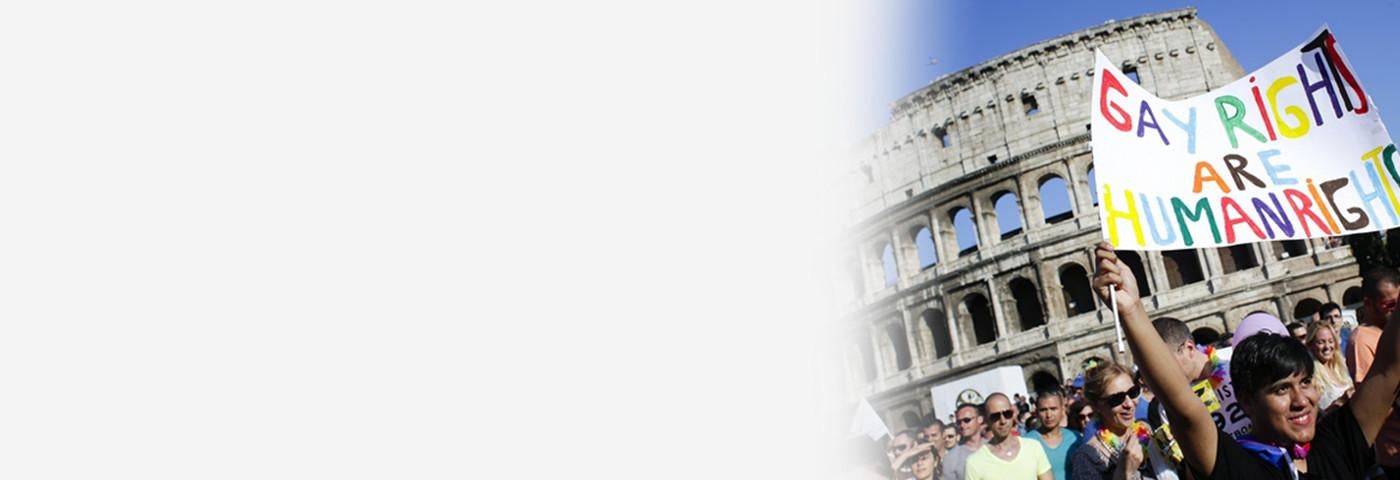People around the world face violence and inequality—and sometimes torture, even execution—because of who they love, how they look, or who they are. Sanaa Seif, sister of jailed Egyptian-British activist Alaa Abdel-Fattah, who went on a full hunger and water strike with the start of COP27 protesting his unjust imprisonment, takes part in lgbtq valentines day gifts COP27 Coalition march during the 2022 United Nations Climate Change Conference COP27. On this Wikipedia the language links are at the top of the page across from the article title.
This article is about the initialism. For the community it references, see LGBT community. LGBT is an initialism that stands for lesbian, gay, bisexual, and transgender. LGBT community beginning in the mid-to-late 1980s.
When not inclusive of transgender people, the shorter term LGB is still used instead of LGBT. It may refer to anyone who is non-heterosexual or non-cisgender, instead of exclusively to people who are lesbian, gay, bisexual, or transgender. LGBT publications, pride parades, and related events, such as this stage at Bologna Pride 2008 in Italy, increasingly drop the LGBT initialism instead of regularly adding new letters, and dealing with issues of placement of those letters within the new title. The first widely used term, homosexual, now a term used primarily in scientific contexts, has at times carried negative connotations in the United States. Gay became a popular term in the 1970s. As lesbians forged more public identities, the phrase gay and lesbian became more common.

Lesbians who held the essentialist view that they had been born homosexual and used the descriptor lesbian to define sexual attraction often considered the separatist opinions of lesbian-feminists to be detrimental to the cause of gay rights. In the late 1970s and the early 1980s, after the elation of change following group action in the 1969 Stonewall riots in New York City, some gays and lesbians became less accepting of bisexual or transgender people. From about 1988, activists began to use the initialism LGBT in the United States. Not until the 1990s within the movement did gay, lesbian, bisexual, and transgender people gain equal respect.
In 2016, GLAAD’s Media Reference Guide states that LGBTQ is the preferred initialism, being more inclusive of younger members of the communities who embrace queer as a self-descriptor. Adding the term allies to the initialism has sparked controversy, with some seeing the inclusion of “ally” in place of “asexual” as a form of asexual erasure. Depending on the which organization is using the acronym the choice of acronym changes. Those who add intersex people to LGBT groups or organizations may use the extended initialism LGBTI, or LGBTIQ. The relationship of intersex to lesbian, gay, bisexual and trans, and queer communities is complex, but intersex people are often added to the LGBT category to create an LGBTI community. Some intersex people prefer the initialism LGBTI, while others would rather that they not be included as part of the term.